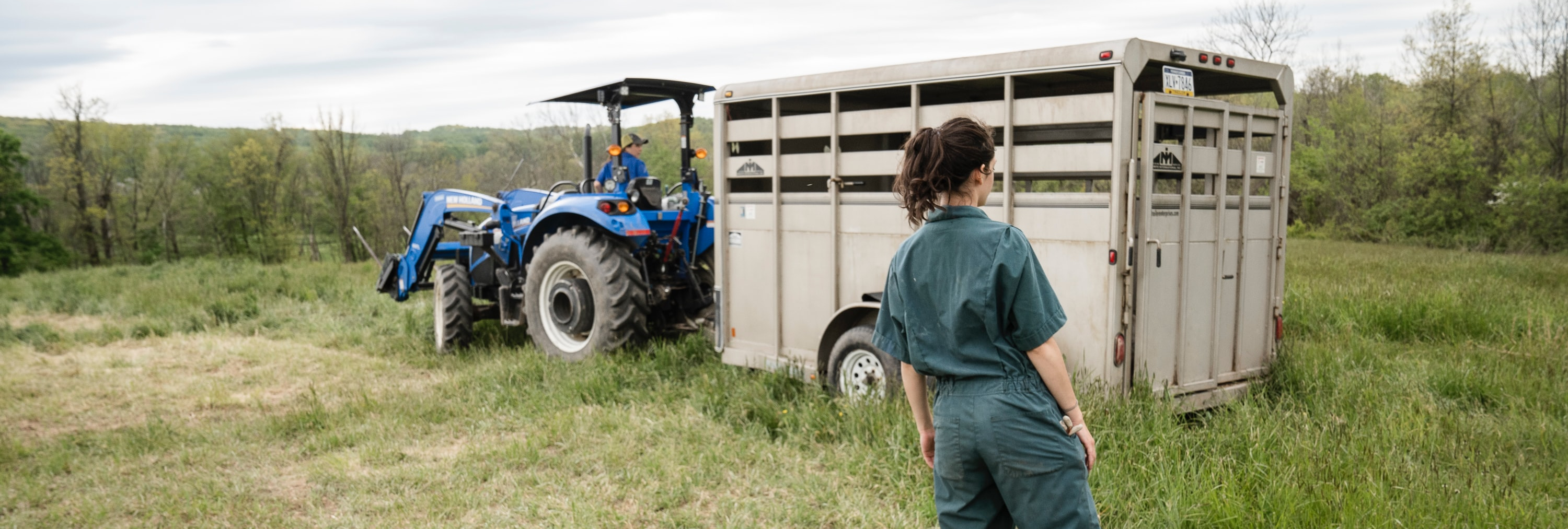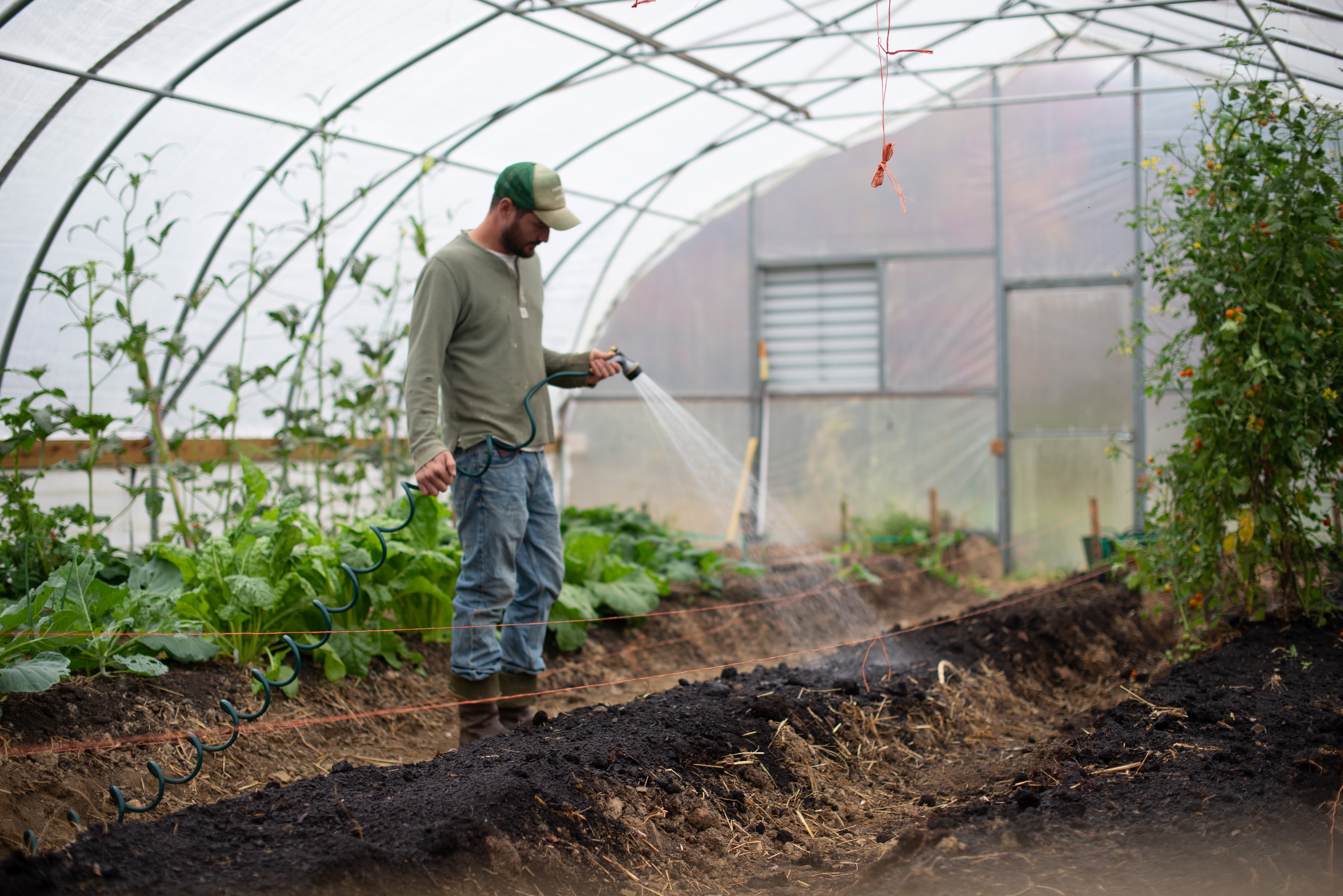Renewing farmers generations – a challenge

Today, French agriculture can’t be defined in the singular as it is diversified in terms of the type of production, the system of production or market outlets. Nevertheless, French farms are globally characterized by “human scale” structures that tend to be modernized thanks to new technologies.
New challenges occur to renew generations in agriculture. French farmers’ children will not be numerous enough to replace the farmers retiring. Therefore, it is necessary to attract people who do not necessarily have an agricultural background and support them with their installation projects.
Maintaining numerous farmers is a challenge to feed the population but it is also important as it boosts rural areas. Therefore, ensuring the sustainability of farms, economically and socially speaking, and be sure that they are transmissible, is essential to ensure that new generations will be attracted by the profession.
Farm transfer is a challenge in itself as it is sometimes difficult to match young farmers’ expectations & projects with transferors’ farms.
New profiles are emerging such as “neo-rural profiles” (those whose families are not from the farming sector). If they are important for the generation renewal, they tend to be more attracted by productions such as market gardening and small fruits letting breeding farms with fewer potential buyers - It is even more true in the dairy sector.
Furthermore, another challenge due to the context and new profiles of farmers is the difficulty to renew associates in agricultural societies as individual installations appear to be more appealing than corporate farms to newcomers. At the same time, this tendency makes it harder for single farmers to buy farms because the price is often too high and the size, too important.
 Despite these challenges, the French system for young farmers is personalized and made to answer their needs and questions. New profiles appear as well: in addition to neo-rural candidates, women, either coming from the farming sector (or not) and people seeking a new professional career is a new breeding ground for potential farmers.
Despite these challenges, the French system for young farmers is personalized and made to answer their needs and questions. New profiles appear as well: in addition to neo-rural candidates, women, either coming from the farming sector (or not) and people seeking a new professional career is a new breeding ground for potential farmers.
Nevertheless, it is also important to make sure that when projects appear week for some reason, young farmers can also be supported and switched to another type of project.
The Young Farmers’ Union defends the idea that the profession of the farmer should be promoted and its attractiveness reinforced, therefore, the union leads campaigns to promote the activity and better support for the installation of young farmers.
In addition to this support, some farmers begin to use digital tools to communicate better on their practices in particular:
“I personally use digital tools mainly for the organization of sells and the customer file, I also use social media and drones for the communication of the farm (…)”
If it is only a first step in the adoption of digital tools, according to Valentin Butet, future agriculture will be very different from yesterday’s and today’s agriculture: the use of new tools will become necessary for all kinds of tasks including to make some decisions. But “important investments require knowledge on the technologies and the price is also an obstacle (…)”
If new technologies will eventually impact the farmers’ profession and may make it more attractive, other challenges need to be solved before the spread of such tools: the training of farmers in the use of new technologies and their affordability.
 Valentin Butet, cattle breeder of Charolais breed and member of the Administrative Council of the French “Jeunes Agriculteurs” (Young farmers) Union.
Valentin Butet, cattle breeder of Charolais breed and member of the Administrative Council of the French “Jeunes Agriculteurs” (Young farmers) Union.